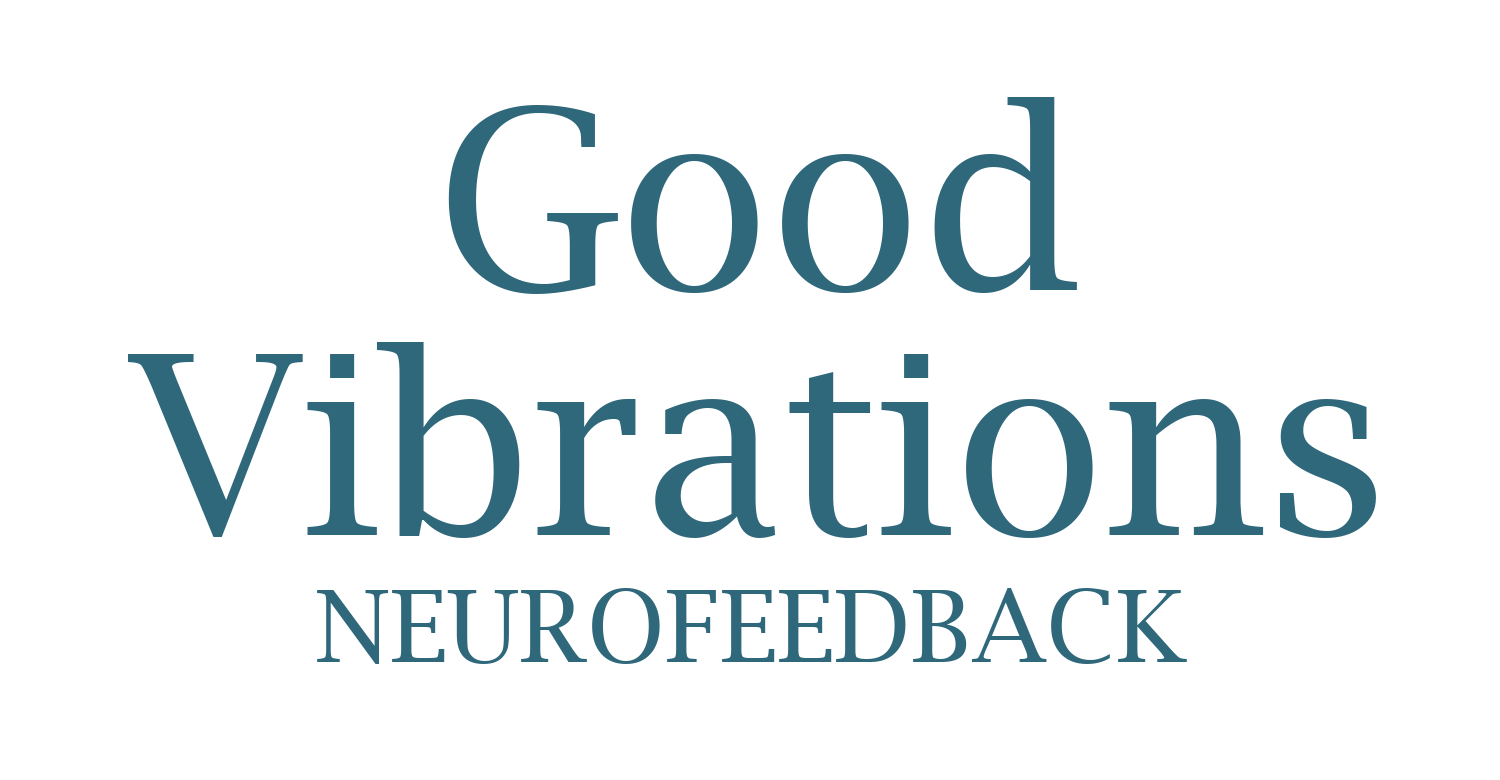Anxiety-Depression
Research On NeurOptimal For Depression and Anxiety
Many mental health challenges are linked together. While depression and anxiety are separate conditions, in many cases, they occur together and have similar treatments. It’s common to have depression which is triggered by an anxiety disorder; anxiety can also be a symptom of clinical depression.
Ongoing feelings of depression and anxiety can be a sign of an underlying mental health disorder. With depression, low moods can be much more severe and tend to persist. It doesn’t affect everyone the same, either. In men, it more often comes with tiredness and feelings of irritability and anger; in women, depression tends to feel like sadness, worthlessness, and guilt. Younger children with anxiety and depression are likely to refuse to go to school, feel anxious when away from their parents, and worry about their parents dying.


Neurofeedback and Emotional Regulation
Research has explored how neurofeedback may relate to changes in mood, anxiety, and emotional regulation.
– A large-scale analysis by the Kingston Institute of Psychotherapy & Neurofeedback, titled “Effects of NeurOptimal® Neurofeedback on Symptoms of Depression and Anxiety,” examined data from over 45,000 NeurOptimal® sessions. The study observed positive trends in self-reported symptoms among individuals experiencing anxiety or depression.
– A separate study from the University of Utah School of Medicine, “Neurofeedback with Anxiety and Affective Disorders,” reviewed the broader field of EEG biofeedback. The authors concluded that neurofeedback meets the criteria to be considered an “efficacious treatment” for certain anxiety disorders within the context of evidence-based medicine.
Together, these findings reflect growing interest in the use of neurofeedback as a tool to support mental and emotional wellness.
